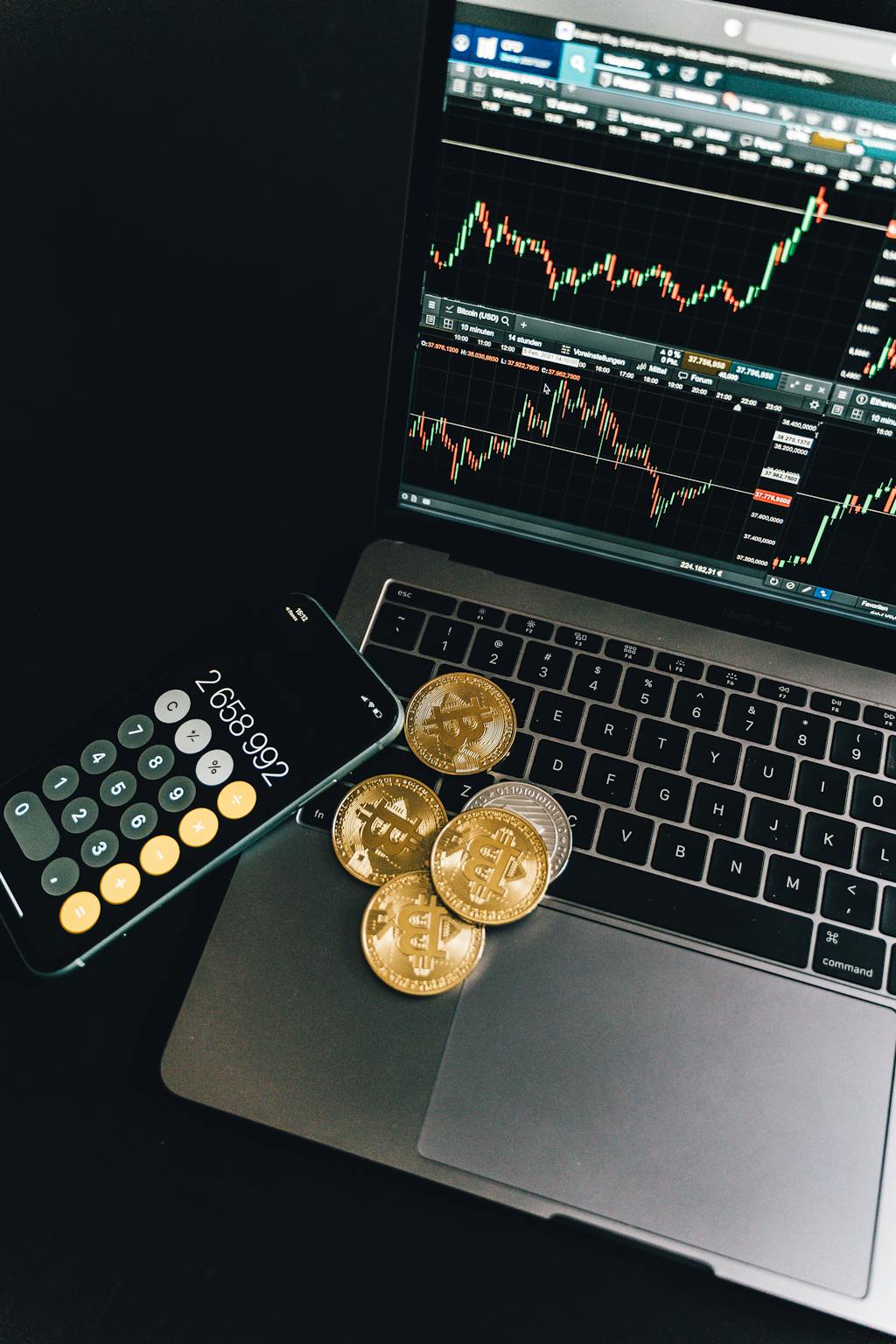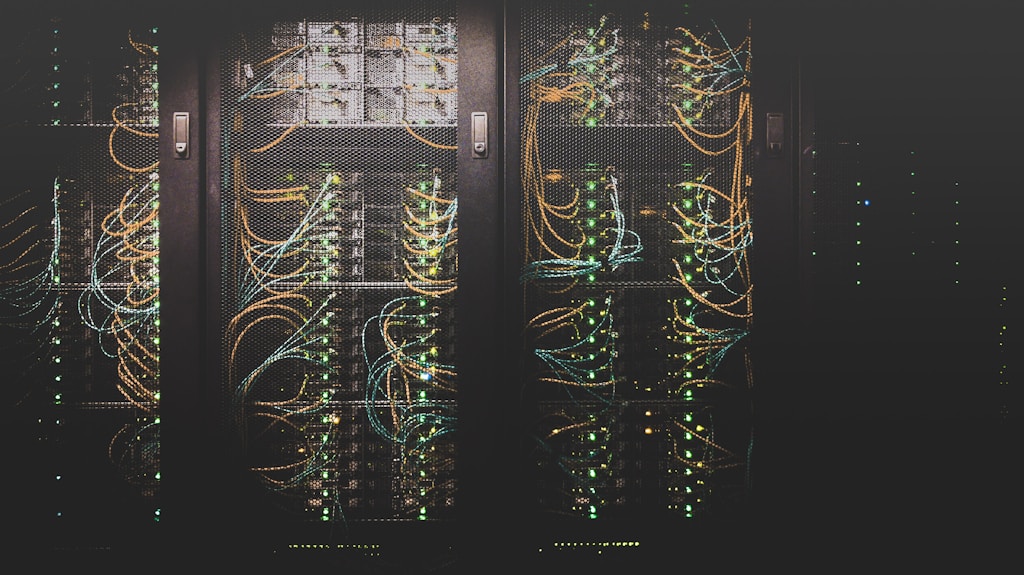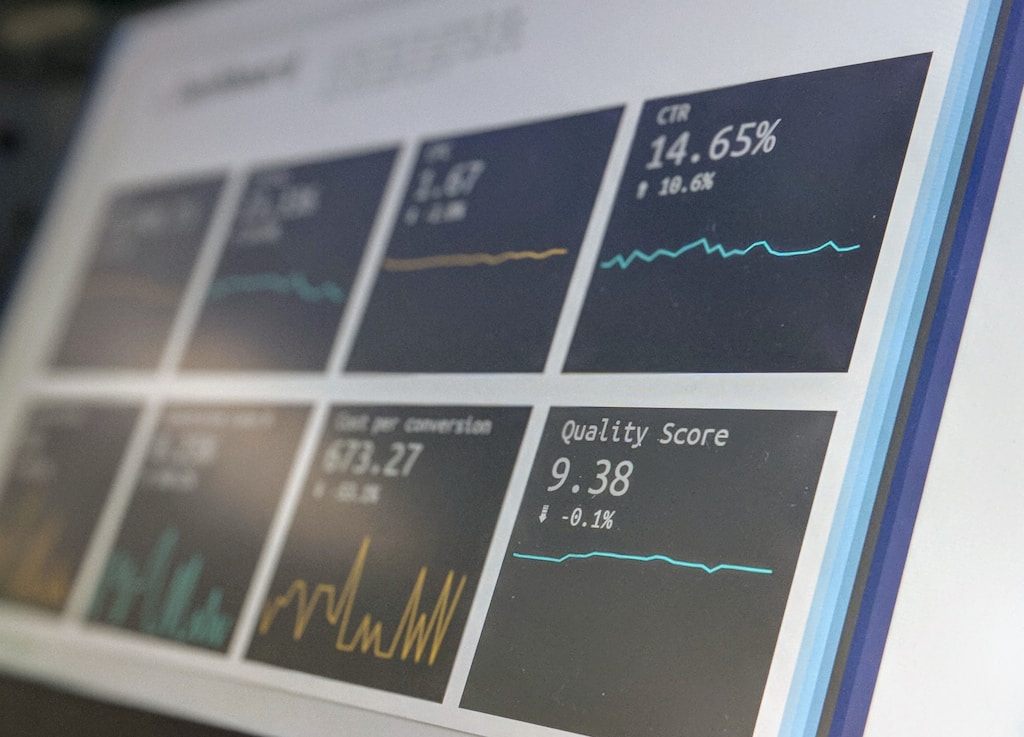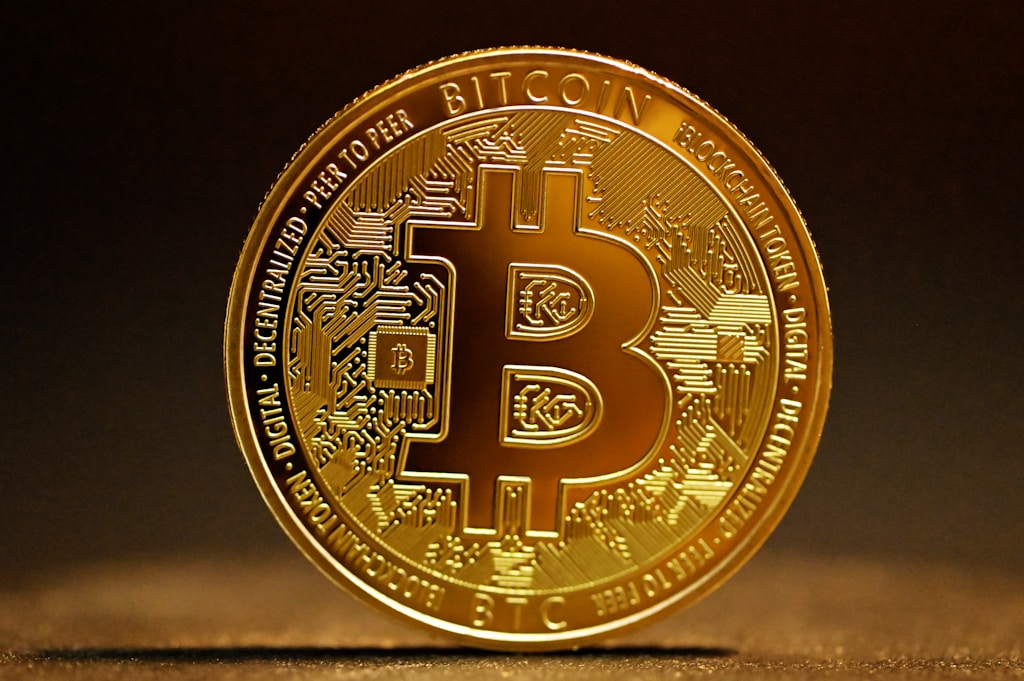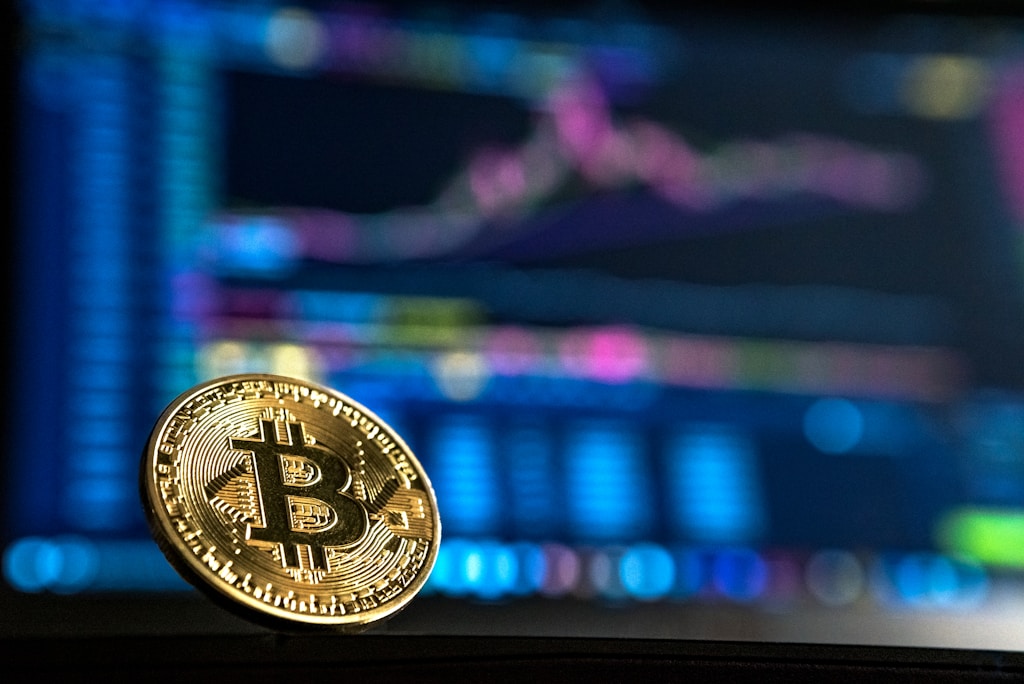Input Output Global (IOG), the development powerhouse behind Cardano, has announced a landmark transition in the blockchain’s governance structure, confirming it will step down from the Interim Constitutional Committee (ICC) following the upcoming community elections this summer. This strategic move marks a crucial step toward complete decentralization of the Cardano ecosystem.
Key Highlights of IOG’s Transition
- IOG will not seek reelection to the Constitutional Committee
- Transition follows successful implementation of the Chang hard fork
- Community elections scheduled for June-July 2025
- Over 4 million ADA wallets eligible to participate in voting
Understanding the Governance Transition
The announcement came through a detailed X thread where IOG expressed its honor in serving on the committee while emphasizing the wealth of talent within the Cardano community. Charles Hoskinson, Cardano’s founder, supported this move, describing it as “the privilege of my career” and signaling readiness for “new ideas and blood.”
Election Process and Timeline
The upcoming election represents a significant milestone in Cardano’s governance evolution:
- Candidate registration: May 1-31, 2025
- Token-weighted voting: June 10 – July 10, 2025
- Onboarding period: July 10 – August 1, 2025
- Final ratification: August 1 – September 1, 2025
Impact on Cardano’s Future
This transition signifies more than just a leadership change – it represents the fulfillment of Cardano’s original vision of community-led governance. The new structure will feature:
- Seven elected committee members
- Staggered terms (three 2-year seats, four 1-year seats)
- Direct community participation through token-weighted voting
- Enhanced decentralization of decision-making processes
Market Implications
At the time of reporting, ADA trades at $0.75, with market participants closely monitoring how this governance transition might impact future price action and ecosystem development.
Frequently Asked Questions
What does this mean for Cardano holders?
ADA holders will gain direct voting power in selecting the new Constitutional Committee members, increasing their influence over the network’s governance.
Will IOG still be involved in Cardano’s development?
Yes, IOG will continue its technical development role but will step back from direct governance oversight.
How can community members participate?
Eligible participants can either run as candidates or vote using their ADA holdings during the designated voting period.
